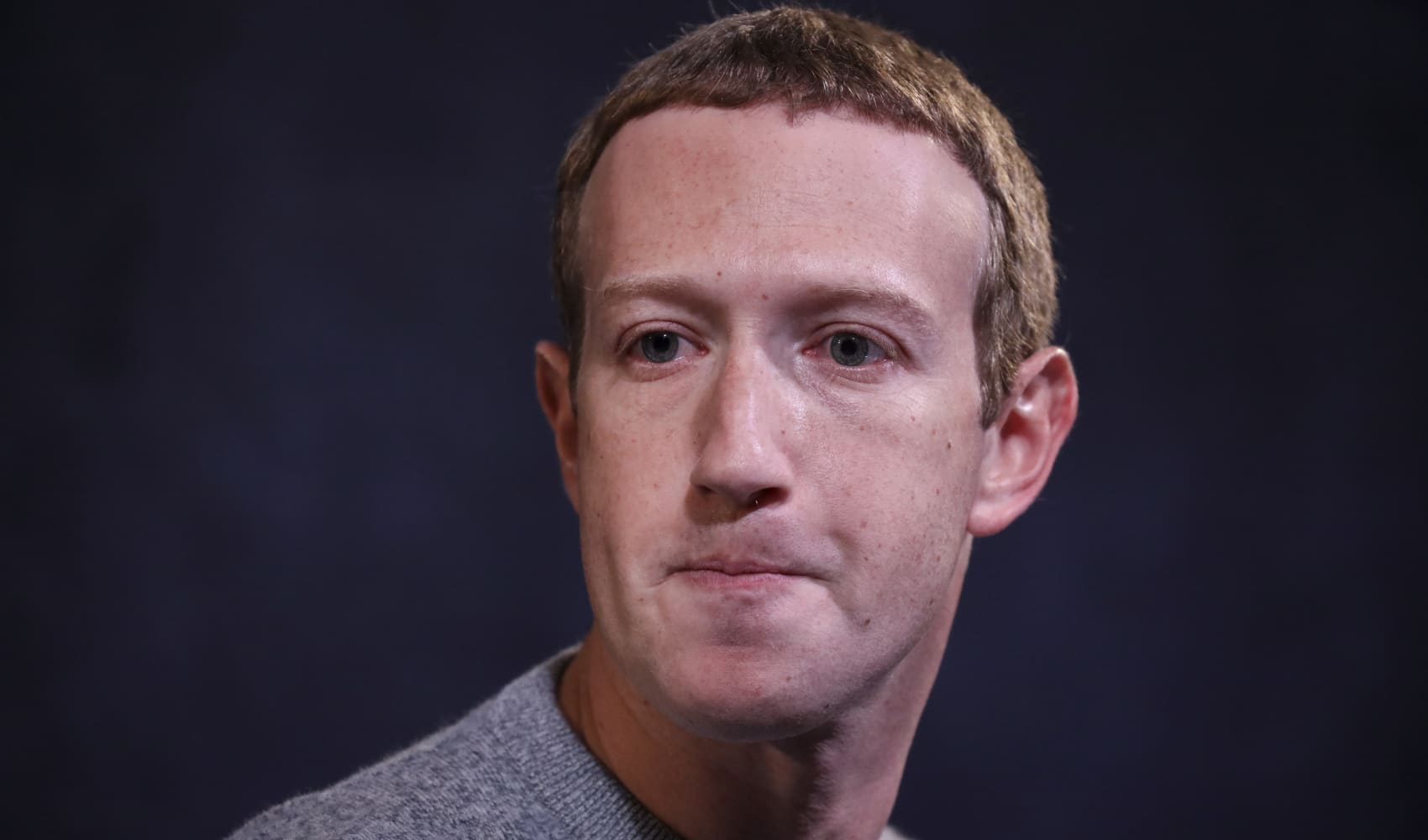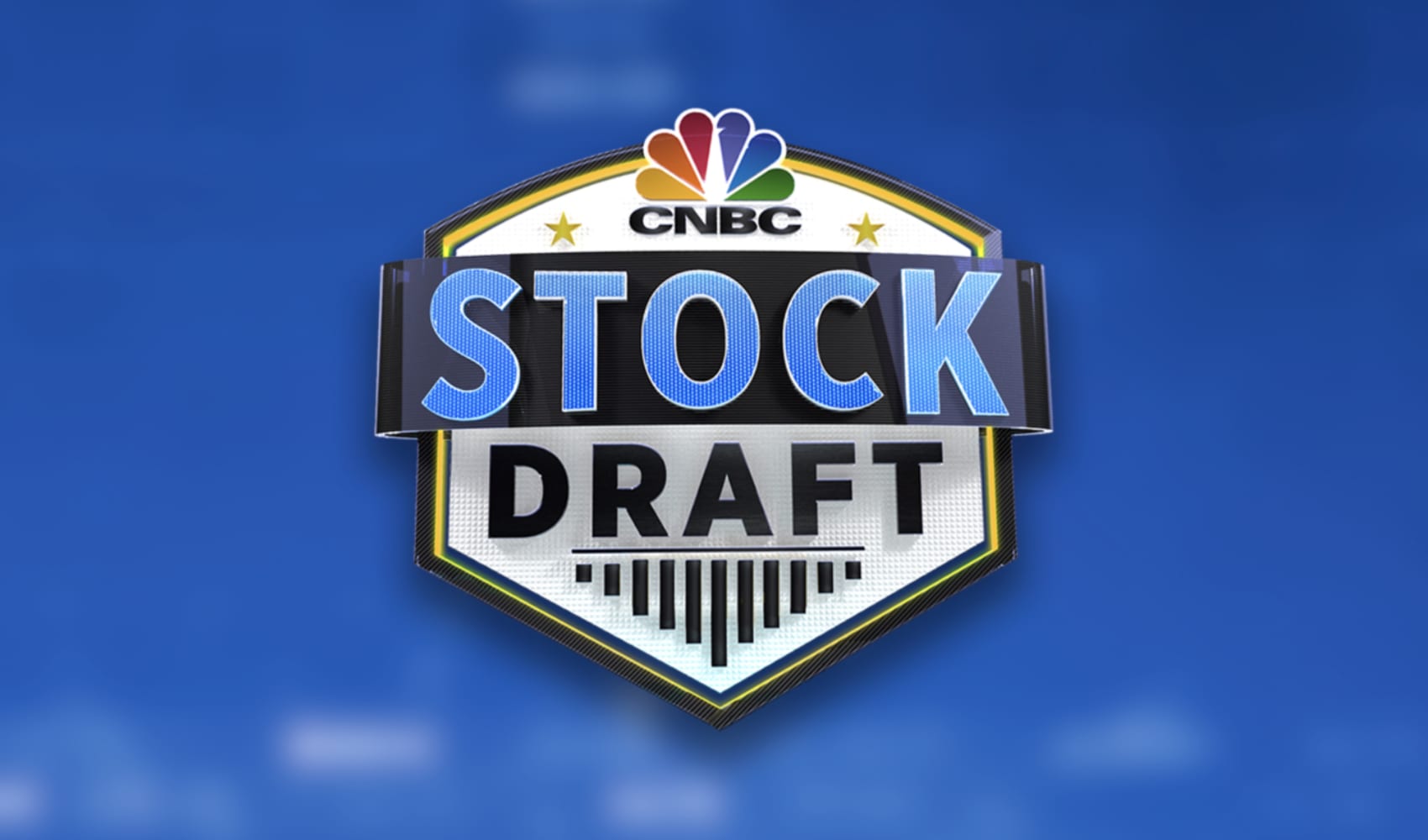
- A so-called choice screen was introduced by Google in 2019 in response to a record antitrust fine from the European Union.
- Search engines would have to take part in blind auctions in which they bid to appear on the menu in various EU countries.
- Now, Google has scrapped the auctions, in a key concession to the U.S. internet giant's smaller competitors.
LONDON — Google said Tuesday that it will stop charging a fee for search engines to appear on a list of default search engines on Android that's exclusive to European users.
The so-called choice screen was introduced by Google in 2019 in response to a record $5 billion antitrust fine from the European Union targeting anti-competitive practices in its smartphone software.
Search engines would have to take part in blind auctions in which they bid to appear in the choice screen — which is shown to users when setting up their device — in various EU countries.
Feeling out of the loop? We'll catch you up on the Chicago news you need to know. Sign up for the weekly Chicago Catch-Up newsletter here.
Now, Google has scrapped the auctions, in a key concession to the U.S. internet giant's smaller competitors.
Google said that after "further feedback" from the European Commission — the EU's executive body — "we are now making some final changes to the Choice Screen including making participation free for eligible search providers."
"We will also be increasing the number of search providers shown on the screen," Oliver Bethell, who leads Google's competition team in Europe, said in a blog post. "These changes will come into effect from September this year on Android devices."
Money Report
In 2018, the EU fined Google $5 billion for allegedly favoring its own search engine within Android. The company appealed the penalty and introduced its "choice screen" preference menu in an effort to address the EU's concerns.
But smaller rivals, including DuckDuckGo, Qwant and Ecosia, complained that this "pay-to-play" auction system favored cash-rich competitors, such as Microsoft's Bing.
Google said its choice screen will now instead show a continuous, scrollable list of up to 12 eligible search services in every European country, with the five most popular appearing at the top.
"We've campaigned for fairness in the search engine market for several years, and with this, we have something that resembles a level playing field in the market," Christian Kroll, Ecosia's CEO, said in a statement Tuesday.
"Search providers now have a chance to compete more fairly in the Android market, based on the appeal of their product, rather than being shut out by monopolistic behaviour," Kroll added.






